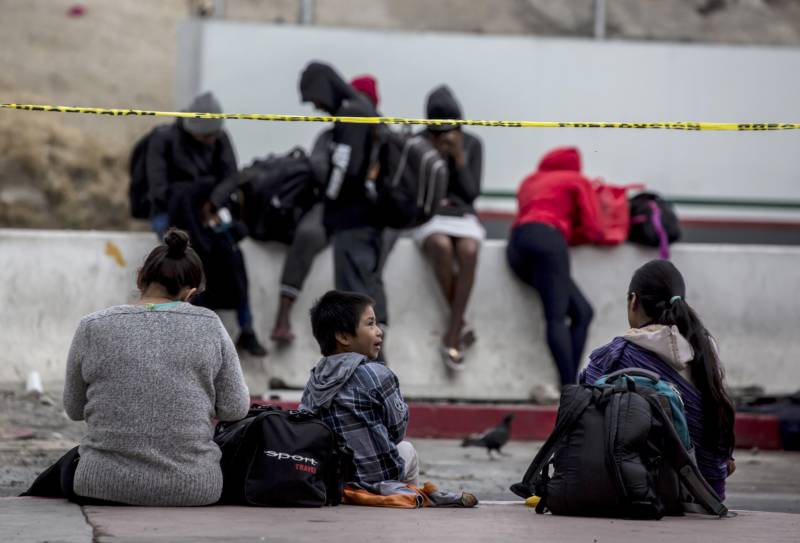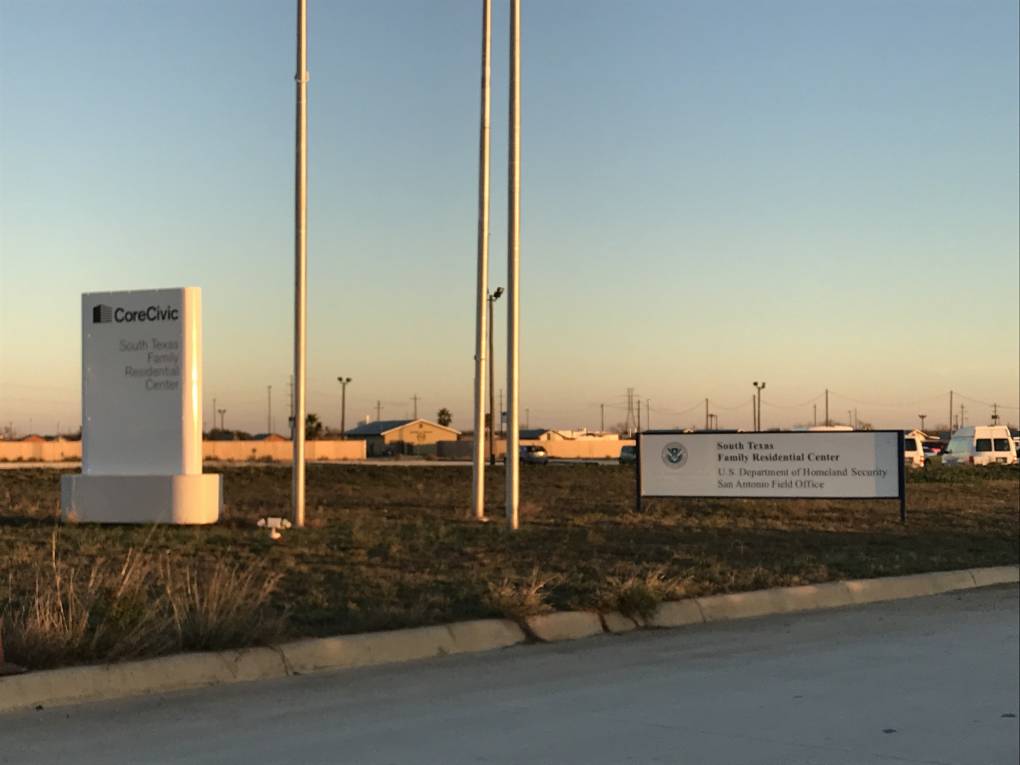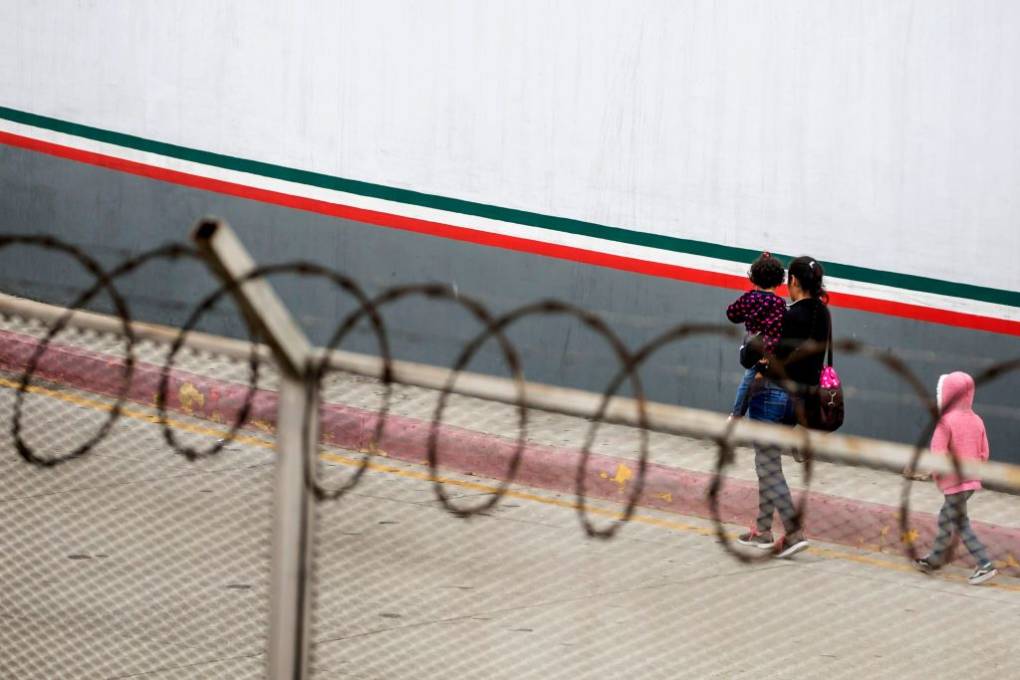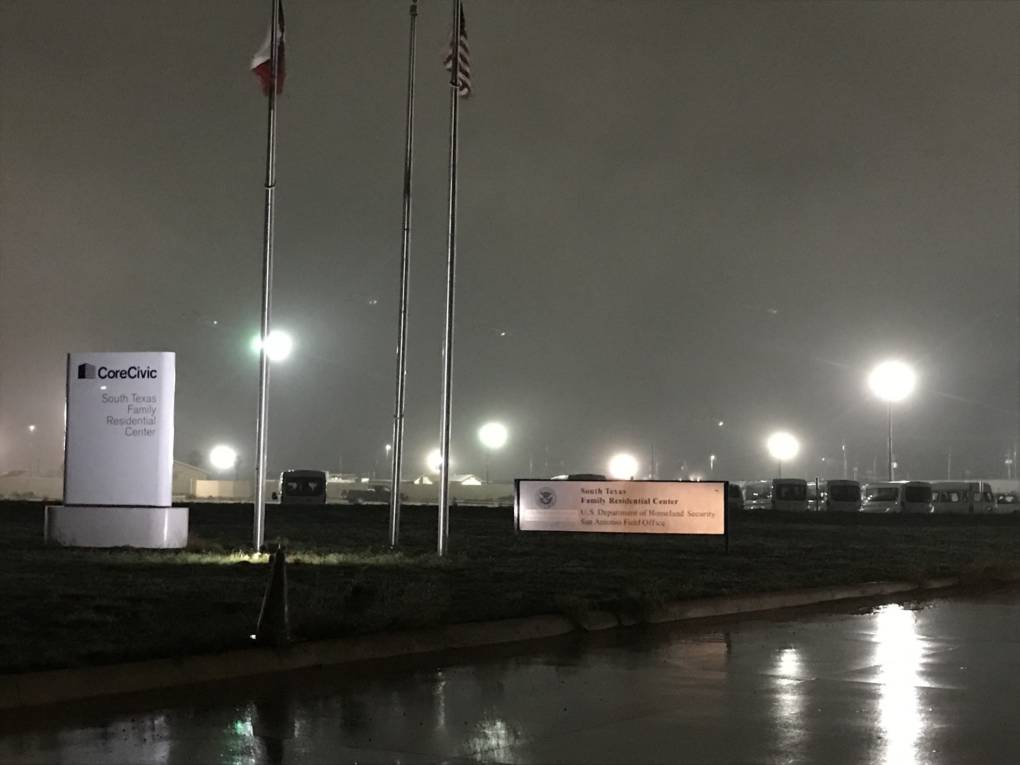Gee also noted the agreement cannot be changed unless the federal government can prove “that a change in law or facts renders compliance either illegal, impossible or inequitable.”
While attorneys for the federal government have argued that the facts of the case have changed due to the vastly increased number of migrant families seeking asylum at the U.S.-Mexico border since the Flores settlement was established, Gee remained unconvinced.
The Trump administration also argued that the Flores settlement doesn’t adequately address the treatment of children who are accompanied by their parents — and the primary changes in the government’s new regulation mainly apply to families.
But Gee was unimpressed, pointing out that regardless of whether or not children are with their families, they are still children and still fall under the protections of the agreement.
“You can’t tell me it’s night, when it’s clearly day,” Gee said.
For more than 20 years, the Flores agreement has bound federal immigration authorities to certain standards of care for minors in their legal custody. The agreement requires the government to treat them “with dignity, respect and special concern for their particular vulnerability as minors.”
The agreement favors the release of children to family members or sponsors “without unnecessary delay,” and requires placement in “the least restrictive setting” appropriate for the child’s needs, provided the child will appear in immigration court and isn’t a danger to anyone.
The Flores settlement also requires that, when children are in government custody, they be placed in facilities that are licensed by a state agency for the residential care of minors. After the Obama administration began holding thousands of parents and children in locked family detention centers run by U.S. Immigration and Customs Enforcement, federal courts interpreted the settlement to say that kids had to be released promptly from such unlicensed facilities, generally within 20 days.
In August, the Trump administration published regulations intended to supersede the Flores agreement. Those new regulations would allow the federal government to hold families in ICE detention indefinitely, create a new federal licensing system for ICE Family Residential Centers and end legal oversight by children’s advocates.
During a press conference announcing the new regulations, acting Secretary of Homeland Security Kevin McAleenan argued that the Flores settlement encourages families from Central America to come to the U.S. border with their children because the government must release them from detention promptly.
California and 18 other states (plus the District of Columbia) have separately filed a lawsuit against the Trump administration over the new regulations, asking for an injunction to prevent them from going into effect. In light of today’s order, Judge Gee has ordered both sides in that case to prove by next week why she shouldn’t dismiss this separate lawsuit as moot.
KPBS reporter Max Rivlin-Nadler contributed to this report.



